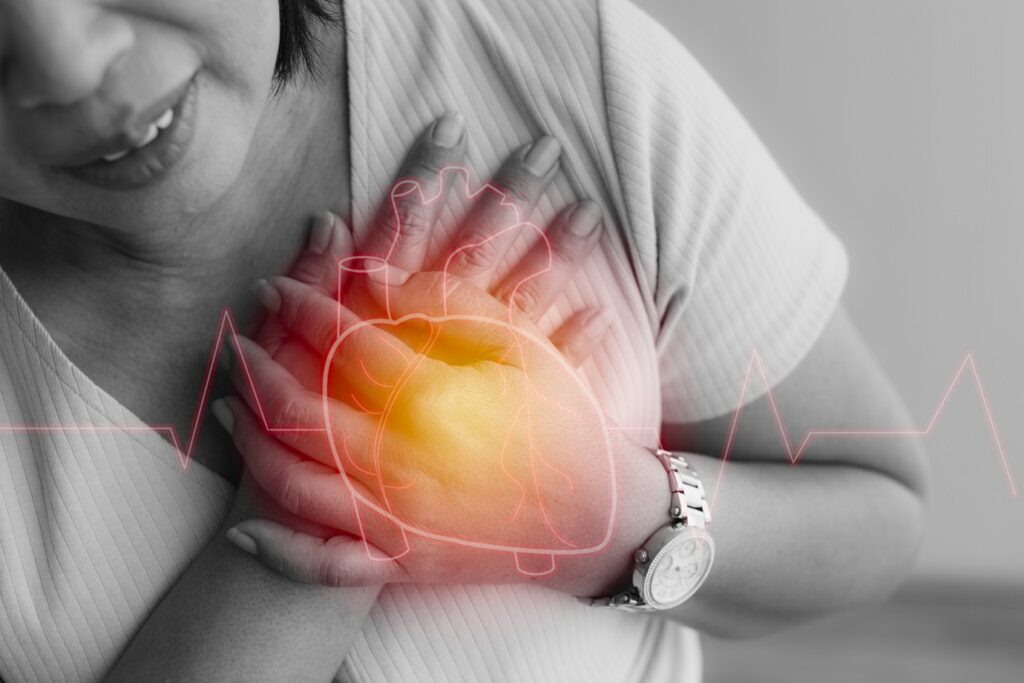Women who have a high genetic risk of depression are more likely to develop heart disease, even in the absence of a depression diagnosis, researchers at the University of Queensland have found.
Led by Dr Sonia Shah and Dr Clara Jiang from UQ’s Institute for Molecular Bioscience, the study analysed genetic and health data from more than 300,000 people.
“In our study, the link between the genetic risk of depression and developing a cardiovascular disease was seen even among women who had never been diagnosed with depression or taken any psychiatric medications,” Dr Shah said.
Regarding the gender differences in this risk, Dr Shah said “this link was not observed in men, despite an overall greater proportion of men developing heart disease”.
“The variation between men and women could also not be explained by differences in traditional risk factors such as BMI, smoking, high blood pressure or high cholesterol.”
“Our research highlights the need to understand this relationship separately in men and women.”
During the study, researchers developed genetic predictors of psychiatric disorders using data from large-scale genetic studies including the psychiatric genomics consortium, genetic health and biopharmaceutical company 23andMe, and UK BioBank, a large-scale biomedical database and research resource containing anonymised genetic, lifestyle and health information from half a million consenting UK participants.
Heart disease is the leading cause of death for women globally, and almost every hour of every day an Australian woman dies of heart disease. Meanwhile, depression affects about twice as many women as men.
Despite this “double jeopardy” that women face, according to Dr Shah and Dr Jiang, women have been historically underrepresented in cardiovascular research and clinical trials.
“This has led to a bias towards men in our knowledge and approach to cardiovascular health, and as a result, women are going under-diagnosed and under-treated,” Dr Jiang said.
Research shows that women are much less likely to undergo treatment for heart attack or angina (chest pain) in hospital compared to men. Women are also less likely to attend cardiac rehabilitation, less likely to take their medicine regularly and are less likely to make heart-healthy lifestyle changes, according to the National Heart Foundation of Australia.
And while the risk of heart disease increases for women after menopause, the latest UQ study highlighted that women who have depression should be assessed for heart disease risk regardless of their menopausal stage.
“Our research found that the higher risk of developing coronary artery disease, where blood vessels narrow because of the build-up of plaque, was present regardless of whether the women were premenopausal or postmenopausal at recruitment,” said Dr Shah.
“Frequent heart health checks are especially important for women who have a history of depression.”
Dr Shah and Dr Jian have said these frequent heart health checks are especially important for younger women, as this group has “a high depression prevalence but traditionally thought to have low heart disease risk”.
The study calls for further research focused on understanding heart disease in women, in order to develop tailored approaches and increase awareness to encourage more women to prioritise getting their heart health checked.


